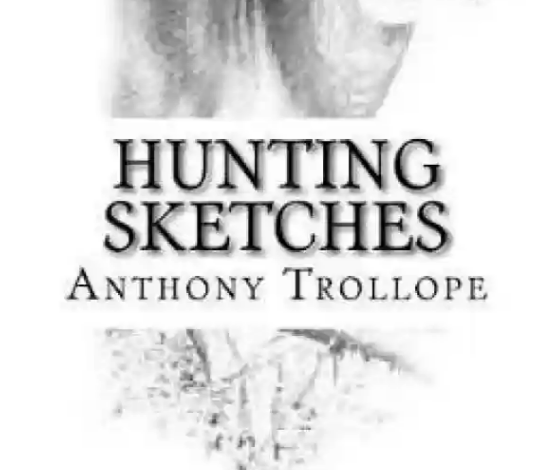The Man Who Hunts and Does Like It
byIn this chapter titled The Man Who Hunts and Does Like It, introduces a thoughtful portrait of a hunter whose relationship with fox-hunting is marked by equal parts passion and perplexity. He is not a novice or a casual participant, but someone deeply committed, whose love for the sport remains strong even as he wrestles with its many trials. His experience highlights a unique paradox: the hunt brings immense joy and yet demands unrelenting sacrifice, testing both his patience and priorities. Weather, delays, missed calls, and sudden changes are part of the package, yet he continues—driven by something that reason alone cannot explain. This chapter brings to light that fox-hunting is not merely a hobby but an emotional, almost existential pursuit that shapes and challenges the identity of those who embrace it.
The huntsman’s morning rarely begins with certainty. Often, he prepares in darkness, only to find himself standing in the biting cold, waiting for a signal that may never come. The day’s prospects rest on uncontrollable elements—fog may roll in, horses may be late, or hounds may strike a cold trail that never warms. And yet, he waits, driven not by logic but by loyalty to the chase. Disappointment comes often, and yet it does not deter. He returns again and again, knowing that the finest days can follow the bleakest mornings. His persistence reveals a deeper truth: to love the hunt is not to love ease but to value resilience and the promise that something unforgettable might emerge from frustration.
Modern hunting is no longer the close-knit affair it once was, and the man who hunts and does like it feels this change. The intimate rural gatherings have given way to organized, regulated meets that often require travel, planning, and financial investment. Unlike the past, when one might have ridden out from their own farm, today’s huntsman often must make long journeys and significant sacrifices just to arrive at the field. Still, he does so willingly, choosing discomfort and unpredictability over predictability and ease. This devotion illustrates how the hunt remains more than tradition—it becomes ritual, almost sacred in its power to connect man to land, animal, and community in a way few other activities do. Though the structure may evolve, the emotional bond holds firm.
Camaraderie plays a vital role, even as moments of solitude shape the hunt. Fellow riders may trade banter or encouragement, but there are also long stretches when the huntsman rides alone, scanning the horizon, listening for the horn, trusting instinct more than map or memory. These moments foster reflection, an internal dialogue where doubt mingles with hope. He may question why he continues—especially on days when his horse tires early or the fox escapes without a proper run. And yet, despite the missteps, the missed turns, and the mud-soaked regrets, he remains committed. The emotional value of these experiences outweighs their inconvenience, reinforcing the hunter’s personal mythology: that meaning often hides behind discomfort, and satisfaction rarely comes without effort.
Eventually, after a long morning of uncertainty, the fox breaks from the covert, and the hunt finally begins in earnest. For a few electric minutes, all earlier frustrations are forgotten—the wind in his face, the rhythmic gallop, and the sudden clarity of pursuit erase the memory of waiting and wondering. But this elation does not last forever. In the heat of the chase, he finds himself alone, distant from the hounds, unsure of where they’ve turned. The excitement is replaced by disorientation, and he must decide: press on blindly, or retrace his steps with patience and humility. It is a moment of symbolic tension—one that echoes the deeper question every passionate hunter must face: how much do you give for a sport that offers no guarantees?
Though fox-hunting may appear glamorous or romantic from the outside, the truth is more rugged and reflective. The man who hunts and does like it is not chasing fame or thrill alone; he is chasing a sense of belonging, a connection to a world where instincts still matter and landscapes still hold stories. His disappointments are as honest as his joy. He may curse the cold or resent the missed run, but he also treasures the sunrise glimpsed over frosty fields, the camaraderie at the meet, and the quiet thrill of outpacing uncertainty. He hunts not because it is always rewarding, but because he knows that the rare moments of fulfillment are worth every trial that precedes them.
Through this lens, the chapter offers more than a depiction of sport—it becomes a study in devotion, resilience, and the emotional complexity that underpins all passionate pursuits. The man who hunts and does like it understands that joy often walks beside frustration, and that meaning is not always found in success, but in the act of trying, again and again. He reminds us that to truly love something is to embrace it in all its imperfection—mud, wind, lost scent, and all. And in doing so, he embodies the timeless allure of hunting: a pursuit not of conquest, but of understanding.

